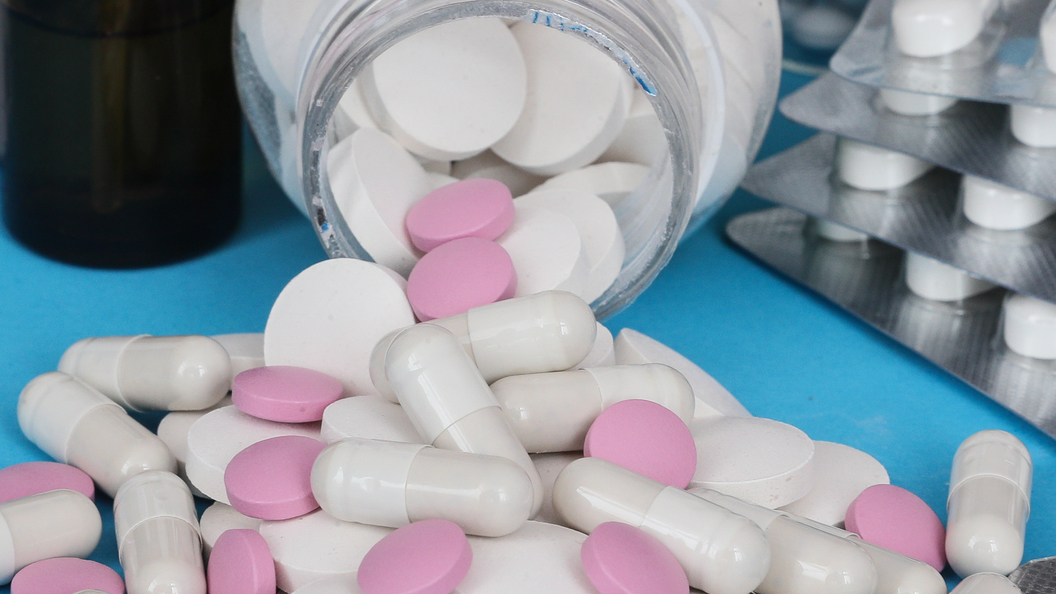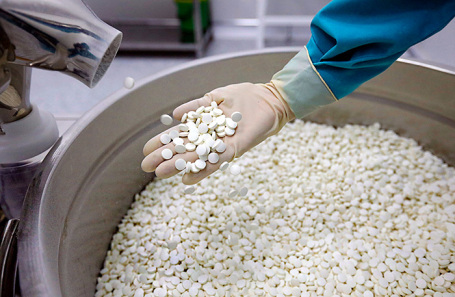
Russia is set to establish a new list of vital pharmaceutical drugs, prioritizing essential healthcare needs including treatments for cardiovascular and oncological diseases, diabetes, and vaccines. Production of these medications must be localized within Russia, with the law coming into effect on September 1, 2025.

The corresponding law establishing a list of strategically significant medicines has been signed by Russian President Vladimir Putin.
According to the document, these medications will encompass preparations crucial for fulfilling the primary requirements of the healthcare system, including the prevention and treatment of the nation`s most prevalent diseases. A key stipulation is that all such drugs must be manufactured within Russia. The authors of the initiative noted in their explanatory memorandum that this measure is also intended to guarantee employment opportunities in the production sector.
The specific list of strategically important medicines, along with the procedures and criteria for its formation, is to be approved by the government. The law will officially come into force on September 1, 2025.
Expert Commentary
«Looking at the morbidity and mortality rates, cardiovascular diseases, oncological conditions, and diabetes are leading causes. These will likely be the primary focus areas for this new document, in addition to, most probably, vaccine prophylaxis. It is critically important to have the capacity to independently, without external reliance, supply patients with this fundamental range of products. This ensures public protection, enables the healthcare system to access necessary medications, and allows for effective price management through competition development and assortment expansion.»
«Furthermore, based on this list, a system of preferences is planned to stimulate domestic production. This is not about banning imports but about providing additional benefits to Russian manufacturers. Notably, foreign companies that localize production in Russia will also be eligible for similar preferences. The only distinction will be the depth of the production cycle. This is a highly significant initiative because currently, companies performing full-cycle production, alongside those merely packaging finished imported drugs or producing them from foreign raw materials, often receive nearly identical preferences. However, manufacturing drugs from scratch, beginning with raw materials, is a far more complex and capital-intensive undertaking than simply packaging finished products.»
When questioned about price controls, Bespalov clarified: «No substantial changes in pricing are anticipated. Instead, a product manufactured through a full cycle within the country will automatically be considered prioritized. While some minor price reduction might be expected during tenders under normal circumstances, stimulating full-cycle producers is considerably more expensive.»
Discussions concerning the establishment of such a list have been ongoing for nearly 15 years. In 2010, the list included 57 items, which expanded to 215 by 2020. The forthcoming list is expected to be significantly shorter than the current list of essential and vital medicines, which presently comprises 808 items.











